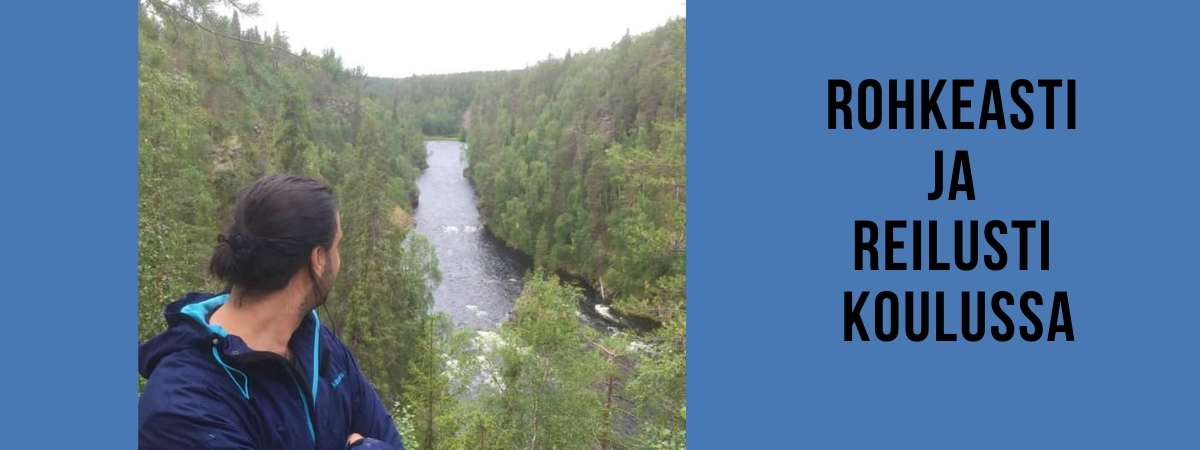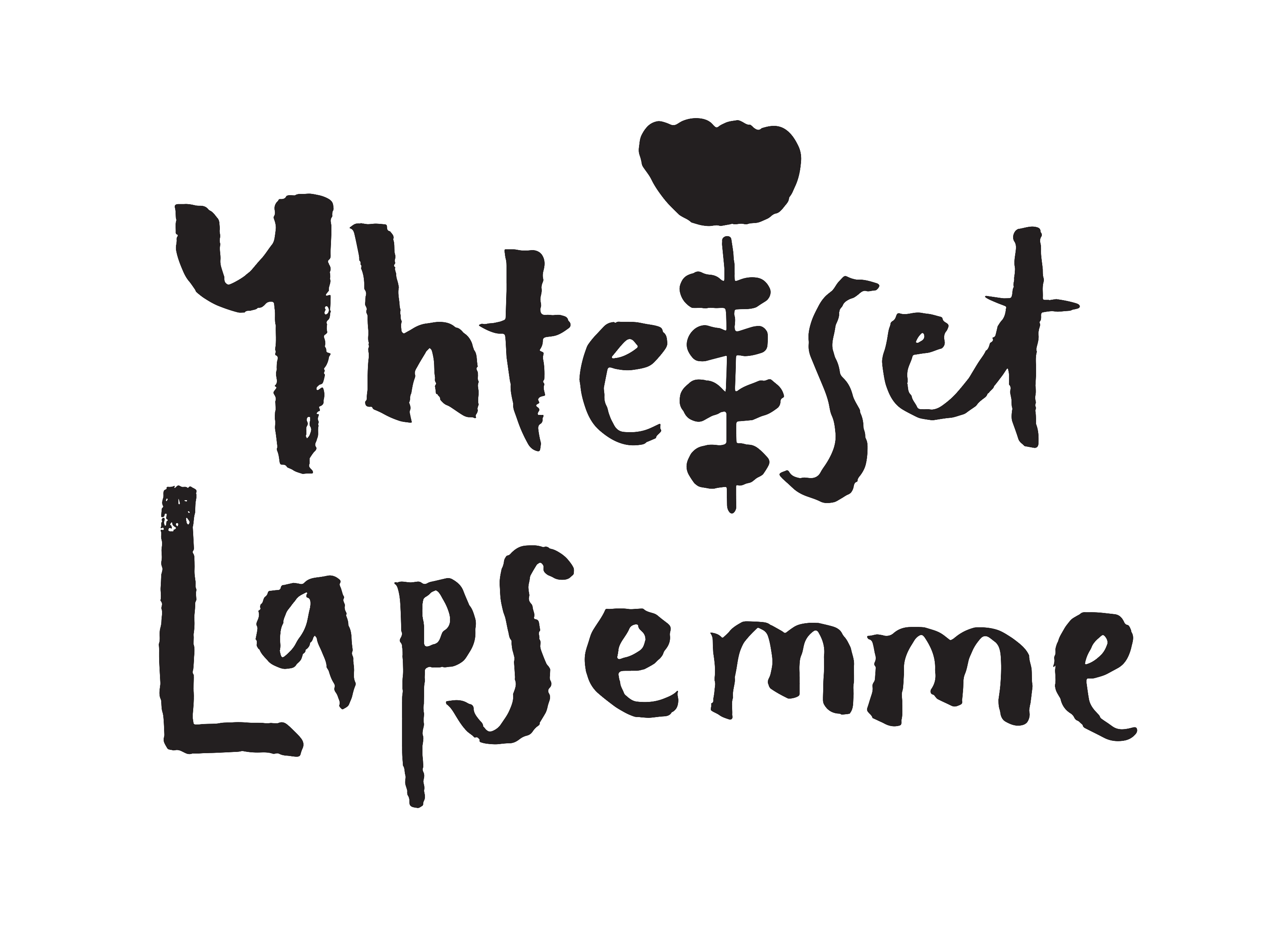 13/08/2020 - Blogi, Ihmisoikeudet, Koulu ja kasvatus, Maahanmuutto, Pakolaisuus
13/08/2020 - Blogi, Ihmisoikeudet, Koulu ja kasvatus, Maahanmuutto, Pakolaisuus
“Has your tooth fallen?”
As a kid, I was very fascinated by the idea of going to school. I remember times when, I must have been four or five years old, I would get a school bag and go out. I would go out with a friend, roam around a bit in the streets and nearby and come back home telling my mom I went to school. My mom would tell me well done, good boy! How was school? I would make up some stories and tell her. She would listen patiently and respect my stories.
However, going to school in Afghanistan in the early 90s was not that easy. Those years were very dangerous and terrible times. The Soviet soldiers had just left Afghanistan after one decade of their presence and war, the Mujahedeen was fighting with central government and the security was getting every day worse and worse. Hundreds of thousands of people died and millions left the country to become refugees. Many of the kids in my age who went to neighbor countries with their families, never got the right and chance to go to school.
I started school in 1993, the most terrible year of the 20th-century history of Afghanistan. The communist regime had collapsed, and the Mujahedeen took over the country. Soon they started fighting with each other and turned to warlords. Kabul was destroyed to ashes by them. I was lucky to be born and living in the north of the country, in Mazar e sharif city. Mazar e sharif experienced deadly wars, but it was not as bad as Kabul. It was in this kind of circumstances where I went to school.
The schools were in a very bad situation. In many classes we did not have chairs and tables and we had to bring our own small chair to carry with us. We did not have enough teachers; schools were sometimes open and sometimes shut. Some of our teachers would teach for months without getting a penny of salary.
The day to go to school finally came and I did not have to make up stories to my mom anymore. It was real. I remember that my father had a very close friend, he was our neighbor, he had two children of my age. He was planning to bring his children to register to school. He asked my dad if he could also bring me with him. My dad approved. The next day, the three of us with my dad’s friend went to school. I was six years old. I remember when we entered the office and sat there. The principle of the school asked each one of us our names. The next very important question she asked was: “Has your tooth fallen?” Asking children if their tooth had fallen or not is a culture, or at least it was the culture in that time. The idea is to guess your age. If your tooth has fallen, that means you are above six years old and you can enter school. If not, you are too young to register in school. This culture is/was due to the lack of national identity cards. You could not prove someone’s age. I remember it very well. My tooth had not fallen. The principle and the other teachers in the office made some jokes and laughed about it. But, of course, I had the support of my dad’s friend in the room and he told them I was in the right age to come to school. It was the spring of 1993 and that is how I entered the school for the first time.
Ershad Noorzai
Rohkeasti ja reilusti koulussa -kampanjan 17.-24.8.2020 blogeissa kirjoittajat kertovat ensimmäisestä koulupäivästä alakoulussa, yläkoulussa, lukiossa tai ammattikoulussa. Kampanja muistuttaa kaikille lapsille ja nuorille turvallisesta ja yhdenvertaisesta koulusta.
Takaisin aihealueeseen: Blogi, Ihmisoikeudet, Koulu ja kasvatus, Maahanmuutto, Pakolaisuus
